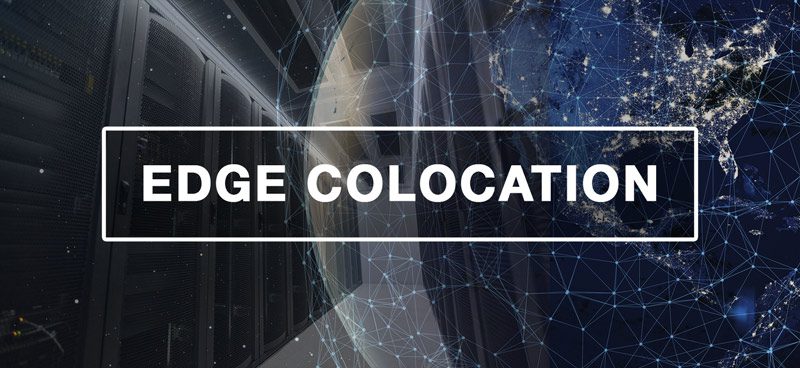Edge Colocation: The Future of High-Performance Computing
In today’s digital landscape, businesses require faster, more efficient computing solutions to meet the growing demands of cloud applications, IoT devices, and real-time data processing. Edge colocation is emerging as a transformative solution that brings computing power closer to end users, reducing latency and improving performance. In this article, we’ll explore what edge colocation is, its benefits, and how it is shaping the future of data infrastructure.
What Is Edge Colocation?
Edge colocation is the practice of placing IT infrastructure, such as servers and networking equipment, in data centers that are strategically located near end users and devices. Unlike traditional colocation, which often relies on centralized facilities, edge colocation focuses on deploying resources at the network’s edge. This minimizes the distance data needs to travel, resulting in lower latency and higher efficiency.
Key Benefits of Edge Colocation
- Reduced Latency – By processing data closer to the source, edge colocation significantly decreases latency, enabling real-time applications like autonomous vehicles, smart cities, and augmented reality to function seamlessly.
- Improved Performance and Reliability – It ensures faster data transfer speeds and enhances the performance of bandwidth-intensive applications. It also provides redundancy and reliability by distributing workloads across multiple locations.
- Cost Savings – With edge colocation, businesses can optimize bandwidth usage by filtering and processing data locally before transmitting it to central cloud servers. This reduces operational costs associated with data transfer and storage.
- Enhanced Security and Compliance – Localized data processing helps organizations meet regional compliance regulations and enhances security by limiting data exposure to long-haul networks that may be vulnerable to cyber threats.
- Scalability and Flexibility – It supports a modular approach, allowing businesses to scale their IT infrastructure based on demand. This is particularly beneficial for companies with geographically dispersed operations.

How Edge Colocation Is Shaping the Future
The adoption of edge colocation is rapidly increasing across various industries, including:
- Telecommunications: 5G networks rely on edge colocation to deliver ultra-low latency and high-speed connectivity.
- Healthcare: Medical devices and telemedicine platforms benefit from fast and secure data processing at the edge.
- Retail and E-commerce: Smart inventory management and AI-driven customer experiences are powered by edge computing.
- Manufacturing: Industrial IoT (IIoT) applications use edge colocation to enhance automation and predictive maintenance.
Conclusion
Edge colocation is revolutionizing the way businesses manage and process data, providing a competitive advantage in today’s digital-first world. By deploying infrastructure closer to users and devices, organizations can achieve faster performance, improved security, and cost efficiency. As technology continues to evolve, investing in edge colocation will be essential for businesses looking to stay ahead in an increasingly data-driven landscape.